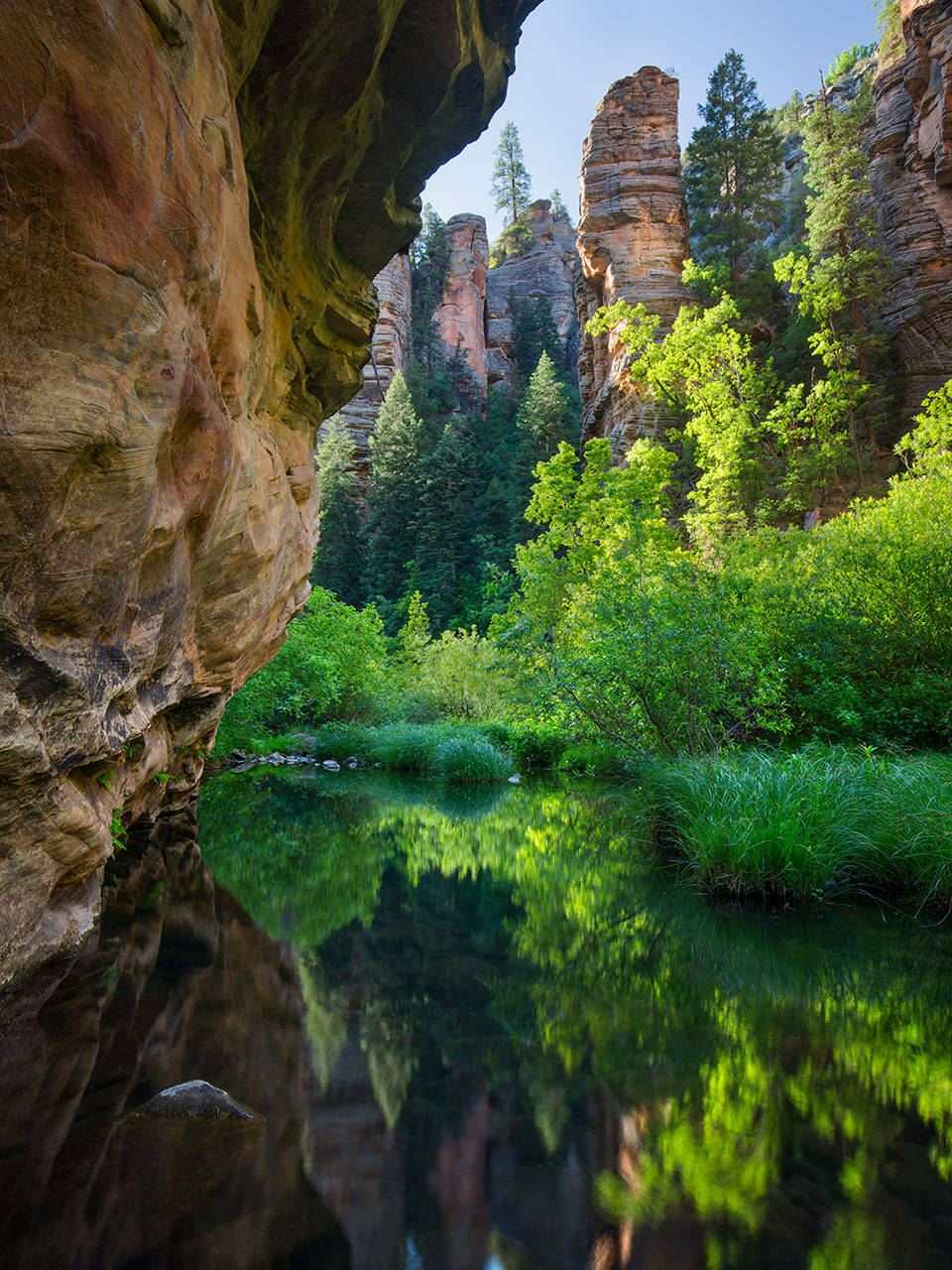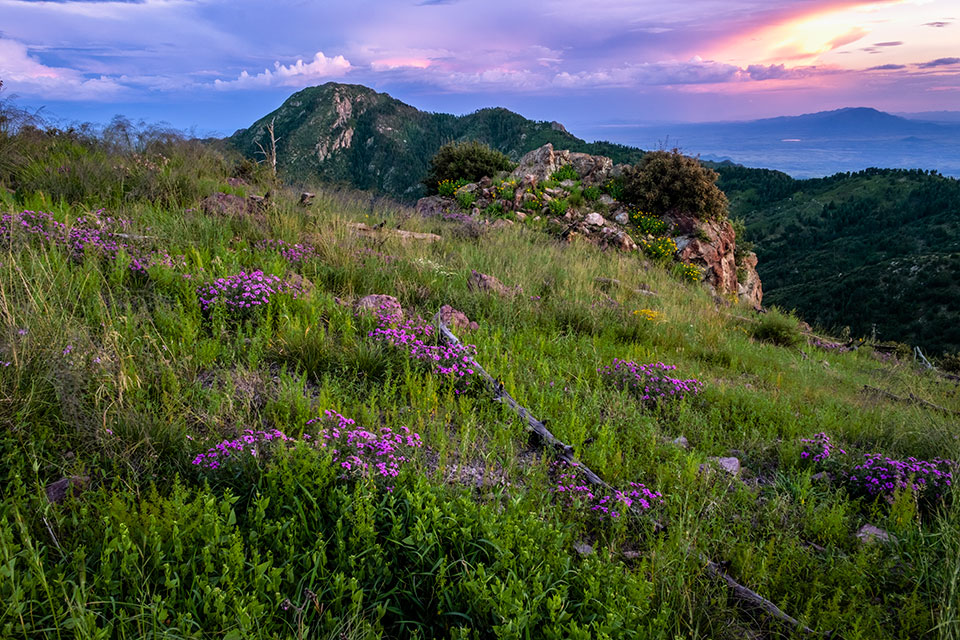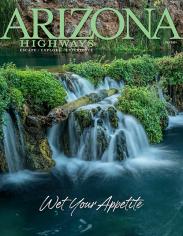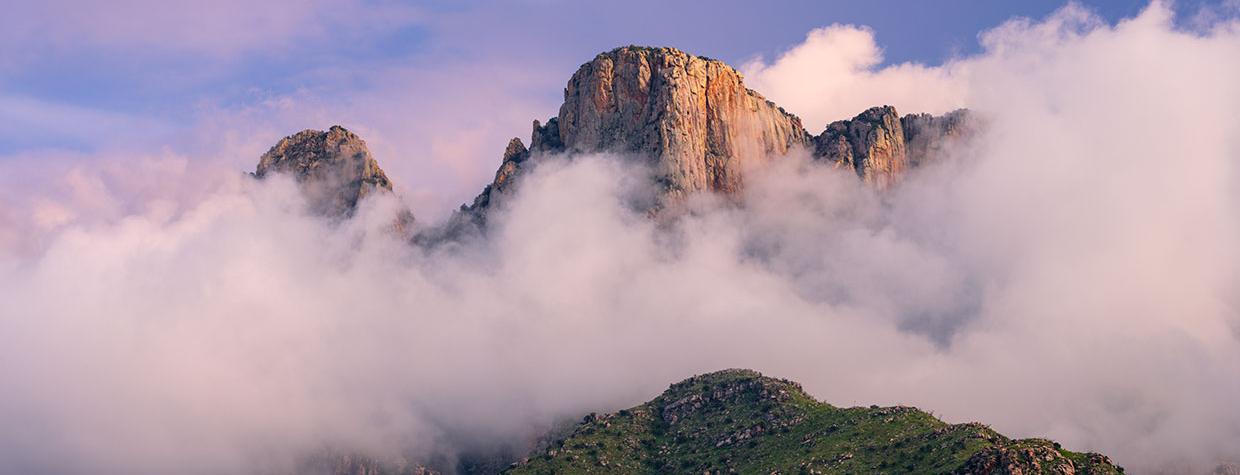There are three things that might happen if we consider wilderness a form of alchemy. One: We will be transformed by having experienced it. Two: In the stars we find there, out there in the open, our base metals will turn purer, somehow. Three: The wilderness we find ourselves in will be elixir — tonic to soothe the monotony of the day-to-day, of the slow, brooding ache within the constructs of our humanity.
There have been three (major) things and countless (minor) things that have made me believe in the magic of wilderness. One: sleeping between wolf packs on a night when the stars were lighting the tops of the trees and dancing around a half-moon. Two: watching trees and grasses and wildflowers emerge from the carnage of a person-caused burn. Three: every creek and every river I’ve dipped my feet or body into to feel, simply, the pull of all that movement from one place to the next.
I realized recently that so many of the anecdotes I share in social situations, in classes and workshops and elsewhere, are rooted in the things I’ve experienced in wilderness — I’ve even thought of titling a book I’ll never write Crying in Hellsgate. Those stories might not exist had it not been for Harvey Broome and Howard Zahniser of the Wilderness Society, who pushed for passage of the Wilderness Act.
So many things were happening in the United States in 1964, when the 88th Congress passed the bill. The nation was still reeling from the assassination of President John F. Kennedy. People marched for civil rights, leading to the passage of the Civil Rights Act the same year. The Teamsters negotiated their first national labor contract. Arizona Senator Barry Goldwater announced a presidential run. The British Invasion. The Cold War. The burning of draft cards. An incursion into Vietnam. More.
The United States was, in part, a place of gnashed teeth and fear. It was, in part, a place of hope.
Sixty years later, the players are different, but the temperature swings within the country remain extreme. Wilderness — as it is to the Indigenous tribes on whose land we live, and as it was to the early conservationists — is medicine.

West Clear Creek Wilderness, covering more than 15,000 acres, is a haven for hikers and backpackers in search of solitude and natural
beauty. | Joel Hazelton
“I’m old and decrepit now (‘made weak by time and fate’),” photographer Gary Ladd wrote to me in an email in May, quoting Tennyson’s Ulysses. “But when I think back on the best times in my past, almost all are embedded in the thousands of magical days spent in wilderness settings, especially those that took place in the Grand Canyon and in the canyons near Navajo Mountain, Utah. It would not be possible for me to be me without designated and de facto wilderness.”
Ladd, who lives in Page amid the sandstone landscapes of the Colorado Plateau and who is decidedly not decrepit, began exploring wild caves in Missouri and Arkansas in the 1960s. He says that time outside quickly evolved into backpacking and river running in Arizona and Utah in the ’70s and after. Many of Ladd’s photographs from his adventures have appeared in this magazine and others over the years. And although his experiences in wilderness today might not be as extreme as they once were, his visual stories will endure, inspiring a whole new generation of explorers.
My husband, our friends and I are in our 40s, for the most part, and have spent many hours in wilderness together — in places with names such as Paria and Aravaipa and Pajarita. We have waded in muck with our packs over our heads; encountered baby rattlesnakes and massive tarantulas; slow-filtered water from spring-fed creeks; witnessed a family of white-nosed coatis move in a single, throbbing cell up a canyon wall; iced our feet in the frigid water of a creek; failed at a shuttle system for a hike into the Mount Baldy Wilderness; used duct tape to mend shoes and sleeping pads; and watched bats hunt insects in a side canyon off a favorite wilderness trail.
Then, in conversations in real life and in texts — when we are back in our work clothes and in front of our screens and playing at being adults — we dream of the next adventure, the next nights spent hanging hammocks and setting tents and sometimes cooking over open flame. We talk about waking up early to warm our bodies before a long trek out on an overgrown trail in a place where one misstep will send you over a cliff or skidding on a rockfall or maybe just find you hanging on to an ancient tree to keep from going all the way. We laugh about that one time …
Maybe in the wild places, we find our Neverland.
“Wild places always remind me of the simplicity of life,” says my friend Dan, an attorney in Phoenix. “You are there: the confluence of the Paria or on top of Brown’s Peak with the ladybugs. You’re not on your phone or worried about the time or calendar. Life is boiled down to finding water and camp. It’s a practice in being present, which is so precious to me. … In our modern world, only wilderness can provide that. It’s a few moments of forced relaxation. [Charles] Bukowski, who I don’t particularly care for, talks about the fact that when he drank, the world was still out there, but for the moment it didn’t have him by the throat. When you go into the wilderness, for a mile, a month or a minute, the world is still out there, but for the moment it doesn’t have you by the throat.”
Another friend, Chris, finds God in wilderness. “In the wilderness, my mind is devoted to seeing beautiful things, feeling the weather, listening to the small sounds, thinking about where I will sleep, where I’ll get water, where the sun is so that I start cooking before it’s too dark, watching the sky for signs of rain … things that are going to get me through that day and night,” he says. “Tomorrow will be addressed tomorrow. Next week doesn’t exist. It’s simplicity, presence, slow and clear. This is where all the great prophets went to hear God. … It’s a place of retuning our souls.”
Jimmy remembers his dear friend Steve Tweito. “He was a rock climber, river runner and general outdoor adventurer,” Jimmy says. “We met just after I graduated from Arizona State University. He was about 25 years my senior, but we became fast friends, bonding through mutual interests, life perspectives and values. For about 20 years, we shared experiences in the wilderness, which deepened and enriched our lives together as friends. What remain for me, after his departure, are the memories of bonding through overcoming adversity together, telling stories, laughing and sharing in non-ordinary states — some of the most fundamental human experiences.”

This is the alchemy — the release of life’s hands from your throat, the retuning, the sharing of the most fundamental human experiences. And it’s that golden thread that ties people’s stories together that the Wilderness Society hopes to protect for the next 60 years and beyond.
I’ll admit that I remember few specific details about Brazilian writer Paulo Coelho’s The Alchemist. But I do know that a young Andalusian shepherd has a recurring dream whenever he sleeps beneath a sycamore — maybe a cottonwood — and the dream tells him to journey to Egypt. He goes. And along that hero’s journey there is a cast of characters, including an alchemist who teaches the shepherd the secrets of his trade. There’s a love interest and some sort of major conflict. There is, ultimately, a lesson in leaving things better because we are better.
“This is why alchemy exists,” Coelho wrote, “so that everyone will search for his treasure, find it, and then want to be better than he was in his former life. … When we strive to become better than we are, everything around us becomes better, too.”
Because we are called to protect it.
The 88th Congress of the United States of America, during its second session, codified the Wilderness Act as Public Law 88-577 (16 U.S.C. 1131-1136) on September 3, 1964.
The act reads, in part:
In order to assure that an increasing population, accompanied by expanding settlement and growing mechanization, does not occupy and modify all areas within the United States and its possessions, leaving no lands designated for preservation and protection in their natural condition, it is hereby declared to be the policy of the Congress to secure for the American people of present and future generations the benefits of an enduring resource of wilderness. For this purpose there is hereby established a National Wilderness Preservation System to be composed of federally owned areas designated by Congress as “wilderness areas,” and these shall be administered for the use and enjoyment of the American people in such manner as will leave them unimpaired for future use and enjoyment as wilderness, and so as to provide for the protection of these areas, the preservation of their wilderness character, and for the gathering and dissemination of information regarding their use and enjoyment as wilderness; and no Federal lands shall be designated as “wilderness areas” except as provided for in this Act or by a subsequent Act.
Since the act’s passage, Congress has designated 90 wilderness areas in Arizona and 806 nationwide.
For more information, visit the Wilderness Society’s website, wilderness.org.

